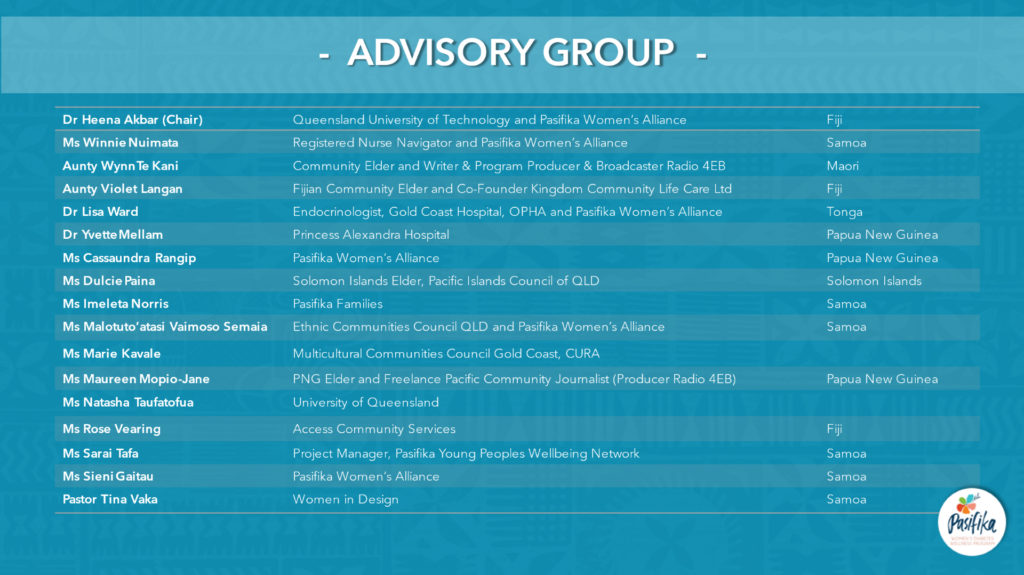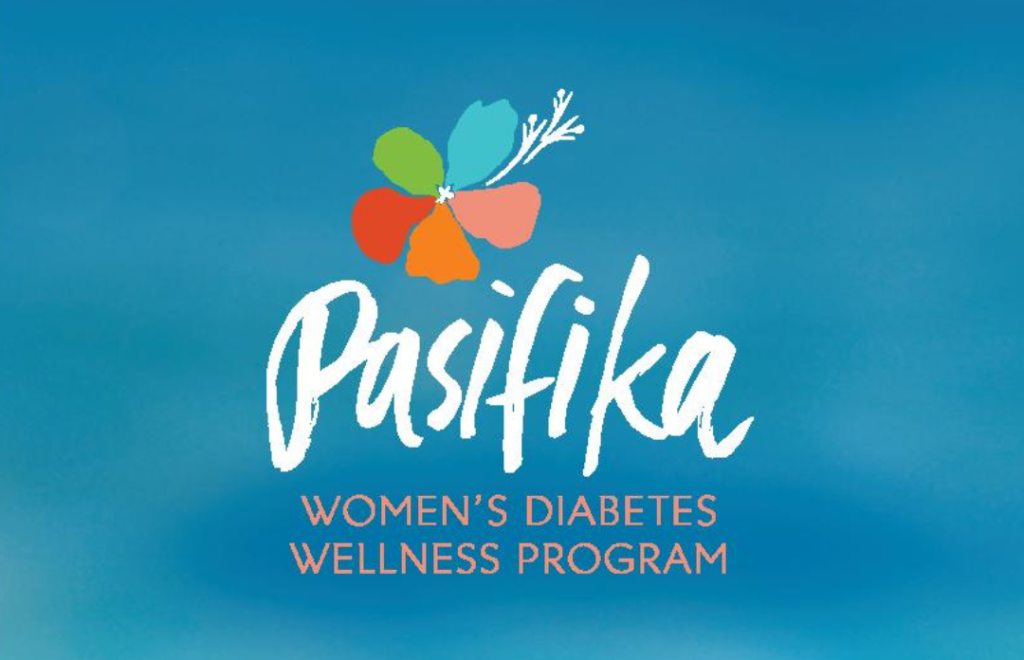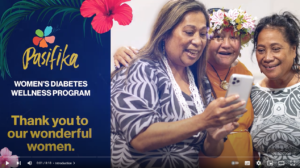In cultural respect
Māori and Pasifika communities in Queensland acknowledge the traditional owners of the land.
We greet their lands, We greet those who have gone before us.
We greet the Elders, We greet those who have yet to come
The 24 week program for Māori and Pasifika women living with Type 2 Diabetes
Despite Type 2 diabetes being a major public health challenge for Māori and Pasifika (Pacific Islander) diaspora in Queensland and globally, encouraging healthier lifestyles within the social and cultural context of Māori and Pasifika communities and embedding Pasifika Health worldviews could potentially improve health outcomes from diabetes and related complications.
Studies have shown modification of personal behaviours through women’s wellness programs aimed at early intervention reduce the risks associated with type 2 diabetes. However, diabetes care and support programs are less likely to be used by Māori and Pasifika peoples due to low levels of health literacy, language barriers and a strong cultural reluctance to seek help. Ensuring interventions and resources that are culturally appropriate are likely to improve the self-management of diabetes amongst Māori and Pasifika women.
Pasifika Women’s Wellness Program
Pasifika women living in Queensland tell their wellness journey’s about living with Type 2 diabetes. See their stories here.
Using the Strengths of Māori and Pasifika Community diaspora in Queensland and Australia to address challenges associated with type-2 Diabetes
Communities bring collective values where family, reciprocity, relationships, spirituality and connections to land are important to holistic health and wellbeing.
The Pasifika Women’s Diabetes Wellness Program (PWDWP) is the first culturally framed intervention co-designed and co-developed with Māori and Pasifika women living with type 2 diabetes in Queensland. This project aims to test the feasibility of this program and evaluate its effectiveness in partnership with Māori and Pasifika community organisations and key stakeholders.
A 24-week culturally-framed intervention
The PWDWP is a 24-week Whānau (family)-centred intervention with 5 Wellness’ Components: Becoming Healthy; Healthy Thinking & Feeling; Healthy Eating; Staying Active; and Healthy Living. The program takes into consideration the cultural shame associated with acknowledging the disease and tailors the interventions using talanoa as the key strategy to come to a shared meaning for behaviour change.
Our Approach
This project has a well-established long-term meaningful collaboration between the Pasifika community groups including Pasifika Women’s Alliance (Inc) (WA and Pacific Island Council of Queensland (PICQ), and key organisations such as Children’s Queensland Good Start Program for Māori and Pasifika Peoples, Queensland Health and the Women’s Wellness Research Program.
With the initial development of PWDWP through these partnerships have created opportunities to implement and evaluate the feasibility intervention aimed at reducing risks in women with type 2 diabetes and prevent late hospital presentations from diabetes-related complications.
Target group
- Māori & Pasifika women in Southeast Queensland
- Living with type 2 diabetes
Project overview
The PWDWP will be delivered over 24 weeks by trained Māori and Pasifika health professional or community health workers through talanoa whanau (family) community-based workshops and virtually (online).
Each participant will receive an electronic (or hardcopy) journal, recipe book and fact sheets and have access to a website portal with culturally co-developed resources for Māori and Pasifika participants.
The intervention includes 3 parts:
 |
Whānau Talanoa Education Workshop (Weeks 1 -5) |
 |
Individual Talanoa Consultations (Weeks 6-7; 13-14; 20-21) |
 |
Virtual Talanoa Support Group (Weeks 8 -24): |
What do we hope to achieve?
This project aims to test the feasibility of this program and evaluate its effectiveness in partnership with Māori & Pasifika community organisations and key stakeholders.
We aim to use findings from this pilot study to advocate for a state-wide program or undertake a T1 translation with the potential for the development of innovative digital or virtual delivery of the program.


Publications
Lead Researchers


